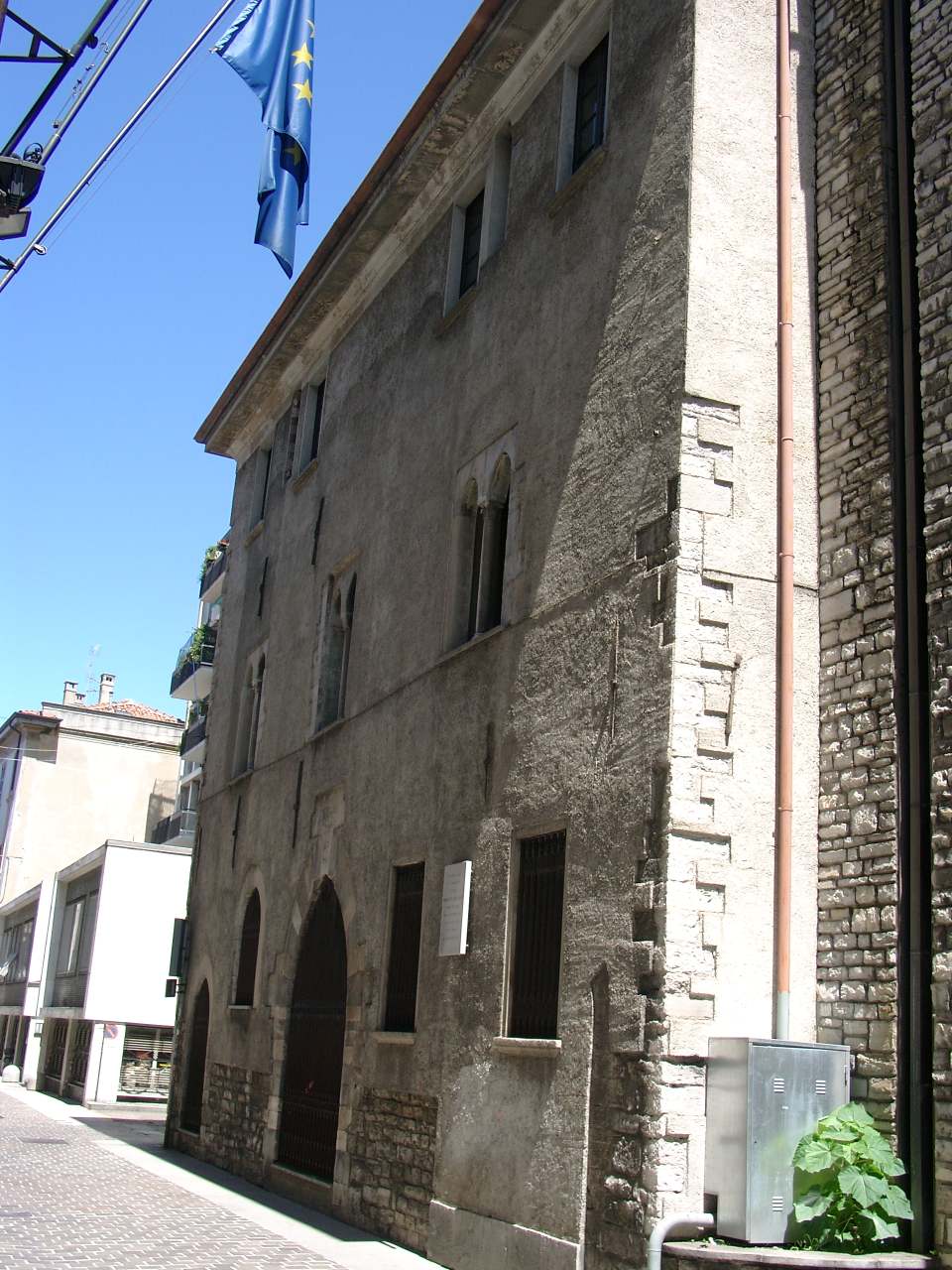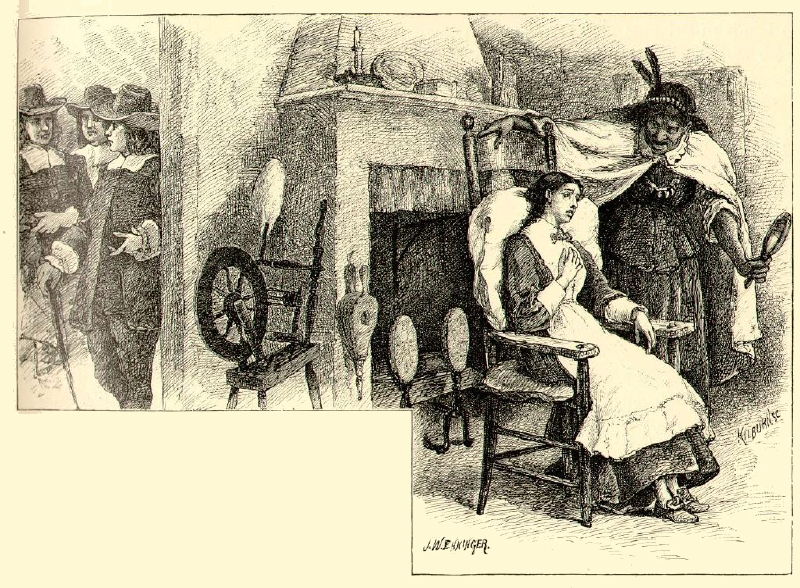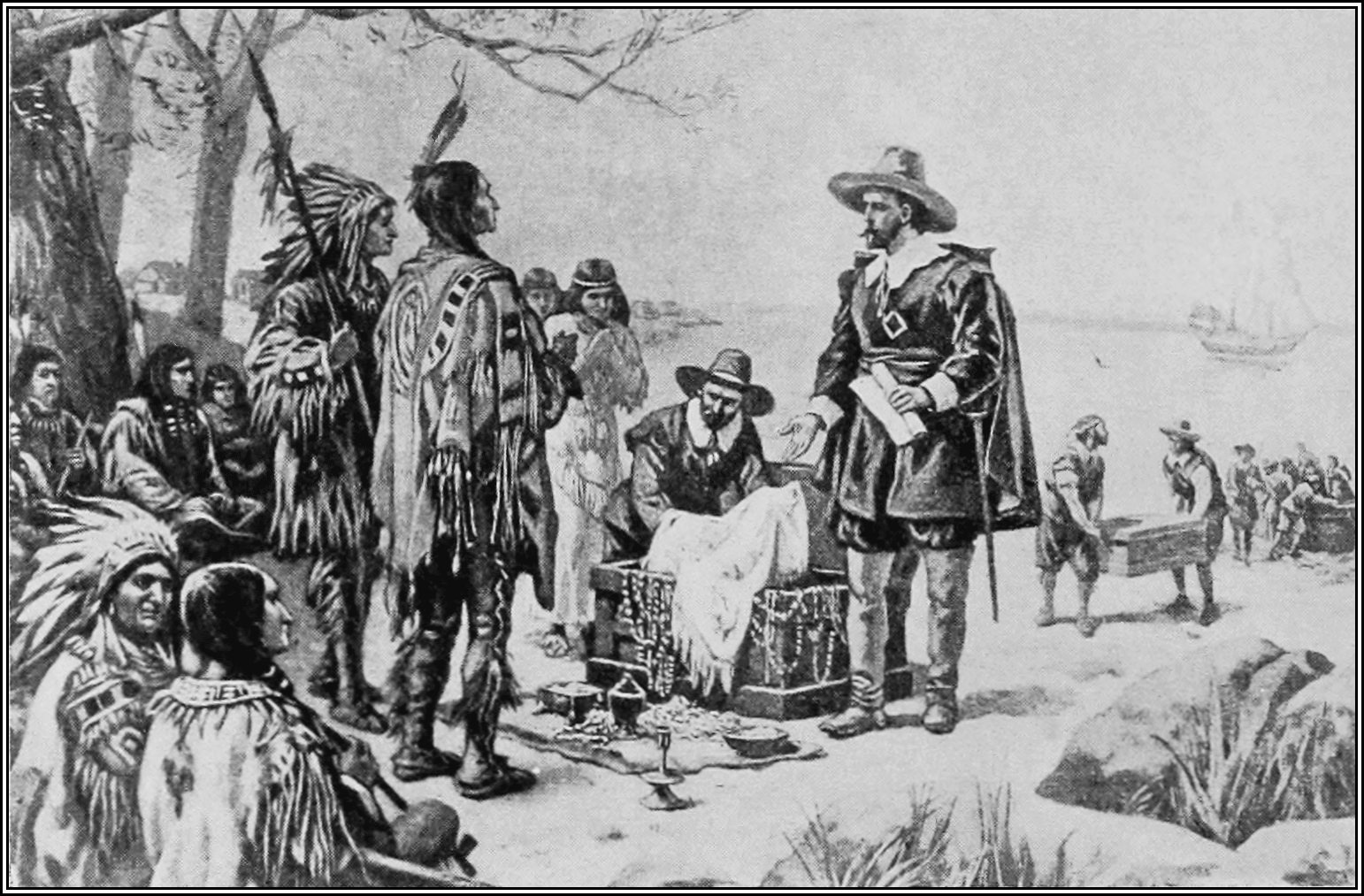|
Alfonso Bernardo De Los Ríos Y Guzmán
Alfonso Bernardo de los Ríos y Guzmán, O.SS.T. (1626 – 5 October 1692) was a Roman Catholic prelate who served as Archbishop of Granada (1677–1692), Bishop of Ciudad Rodrigo (1671–1677), and Bishop of Santiago de Cuba (1668–1669). ''(in Latin)'' Biography Alfonso Bernardo de los Ríos y Guzmán was born in Granada, Spain in 1626 and ordained a priest in the Trinitarian Order. Wikipedia:SPS, Wikipedia:SPS, On 17 September 1668, he was appointed during the papacy of Pope Clement IX as Bishop of Santiago de Cuba. In 1669, he was consecrated bishop by Antonio Sanz Lozano, Roman Catholic Archdiocese of Cartagena in Colombia, Bishop of Cartagena. On 16 November 1671, he was appointed during the papacy of Pope Clement X as Bishop of Ciudad Rodrigo. On 13 September 1677, he was appointed during the papacy of Pope Innocent XI as Archbishop of Granada. He served as Archbishop of Granada until his death on 5 October 1692. References External links and additional sources [...More Info...] [...Related Items...] OR: [Wikipedia] [Google] [Baidu] |
Catholic Church
The Catholic Church (), also known as the Roman Catholic Church, is the List of Christian denominations by number of members, largest Christian church, with 1.27 to 1.41 billion baptized Catholics Catholic Church by country, worldwide as of 2025. It is among the world's oldest and largest international institutions and has played a prominent role in the history and development of Western civilization.Gerald O'Collins, O'Collins, p. v (preface). The church consists of 24 Catholic particular churches and liturgical rites#Churches, ''sui iuris'' (autonomous) churches, including the Latin Church and 23 Eastern Catholic Churches, which comprise almost 3,500 dioceses and Eparchy, eparchies List of Catholic dioceses (structured view), around the world, each overseen by one or more Bishops in the Catholic Church, bishops. The pope, who is the bishop of Rome, is the Papal supremacy, chief pastor of the church. The core beliefs of Catholicism are found in the Nicene Creed. The ... [...More Info...] [...Related Items...] OR: [Wikipedia] [Google] [Baidu] |
Pope Innocent XI
Pope Innocent XI (; ; 16 May 1611 – 12 August 1689), born Benedetto Odescalchi, was head of the Catholic Church and ruler of the Papal States from 21 September 1676 until his death on 12 August 1689. Political and religious tensions with Louis XIV of France were a constant preoccupation for Innocent XI. Within the Papal States, he lowered taxes, produced a surplus in the papal budget and repudiated nepotism within the Church. Innocent XI was frugal in his governance of the Papal States, his methods evident in matters ranging from his manner of dress to a wide range of standards of personal behavior consistent with his conception of Christian values. Once he was elected to the papacy, he applied himself to moral and administrative reform of the Roman Curia. He abolished sinecures and pushed for greater simplicity in preaching as well as greater reverence in worship, requesting this of both the clergy and faithful. In consideration of his diplomatic and financial support for ... [...More Info...] [...Related Items...] OR: [Wikipedia] [Google] [Baidu] |
Trinitarian Bishops
The Trinity (, from 'threefold') is the Christian doctrine concerning the nature of God in Christianity, God, which defines one God existing in three, , consubstantial prosopon, divine persons: God the Father (Christianity), God the Father, God the Son (Jesus in Christianity, Jesus Christ) and God the Holy Spirit, three distinct persons (''Hypostasis (philosophy and religion), hypostases'') sharing one essence/substance/nature (''homoousion''). As the Fourth Lateran Council declared, it is the Father who s, the Son who is , and the Holy Spirit who proceeds. In this context, one essence/nature defines God is, while the three persons define God is. This expresses at once their distinction and their indissoluble unity. Thus, the entire process of creation and grace in Christianity, grace is viewed as a single shared action of the three divine persons, in which each person manifests the attributes unique to them in the Trinity, thereby proving that everything comes "from the F ... [...More Info...] [...Related Items...] OR: [Wikipedia] [Google] [Baidu] |
1692 Deaths
Events January–March * January 24 – At least 75 residents of what is now York, Maine are killed in the Candlemas Massacre, carried out by French soldiers led by missionary Louis-Pierre Thury, along with a larger force of Abenaki and Penobscot Indians under the command of Penobscot Chief Madockawando during King William's War, between the French colonists and their indigenous allies, against the English colonists. * January 30 – English Army General John Churchill, 1st Duke of Marlborough, a close adviser to King William III of England, is fired from all of his jobs by the English Secretary of State, the Earl of Nottingham, on orders of Mary II of England. * February 13 – Massacre of Glencoe: The forces of Robert Campbell slaughter around 40 members of the Clan MacDonald of Glencoe in Scotland (from whom they have previously accepted hospitality), for delaying to sign an oath of allegiance to King William III of England. * February 17 – An annular ... [...More Info...] [...Related Items...] OR: [Wikipedia] [Google] [Baidu] |
1626 Births
Events January–March * January 7 – Polish–Swedish War (1625–1629), Polish-Swedish War: Battle of Wallhof in Latvia – Gustavus Adolphus, King of Sweden, defeats a Polish army. * January 9 – Peter Minuit sails from Texel Island for America's New Netherland colony, with two ships of Dutch emigrants. * February 2 – King Charles I of England is crowned, but without his wife, Henrietta Maria, who declines to participate in a non-Catholic ceremony. * February 5 – The Huguenot rebels and the French government sign the Treaty of Paris (1626), Treaty of Paris, ending the second Huguenot rebellion. * February 10 – Battle of Ningyuan: In Xingcheng in China, after an 8-day battle, Ming dynasty commander Yuan Chonghuan defeats the much larger force of Manchu people, Manchu leader Nurhaci, who dies soon after and is succeeded by Huang Taiji. * February 11 – Emperor Susenyos of Ethiopia and Patriarch Afonso Mendes declare the primacy ... [...More Info...] [...Related Items...] OR: [Wikipedia] [Google] [Baidu] |
Bishops Appointed By Pope Innocent XI
A bishop is an ordained member of the clergy who is entrusted with a position of authority and oversight in a religious institution. In Christianity, bishops are normally responsible for the governance and administration of dioceses. The role or office of the bishop is called episcopacy or the episcopate. Organisationally, several Christian denominations utilise ecclesiastical structures that call for the position of bishops, while other denominations have dispensed with this office, seeing it as a symbol of power. Bishops have also exercised political authority within their dioceses. Traditionally, bishops claim apostolic succession, a direct historical lineage dating back to the original Twelve Apostles or Saint Paul. The bishops are by doctrine understood as those who possess the full priesthood given by Jesus Christ, and therefore may ordain other clergy, including other bishops. A person ordained as a deacon, priest (i.e. presbyter), and then bishop is understood to hold ... [...More Info...] [...Related Items...] OR: [Wikipedia] [Google] [Baidu] |
Bishops Appointed By Pope Clement IX
A bishop is an ordained member of the clergy who is entrusted with a position of Episcopal polity, authority and oversight in a religious institution. In Christianity, bishops are normally responsible for the governance and administration of dioceses. The role or office of the bishop is called episcopacy or the episcopate. Organisationally, several Christian denominations utilise ecclesiastical structures that call for the position of bishops, while other denominations have dispensed with this office, seeing it as a symbol of power. Bishops have also exercised political authority within their dioceses. Traditionally, bishops claim apostolic succession, a direct historical lineage dating back to the original Twelve Apostles or Saint Paul. The bishops are by doctrine understood as those who possess the full Priest#Christianity, priesthood given by Jesus in Christianity, Jesus Christ, and therefore may ordain other clergy, including other bishops. A person ordained as a deacon, pri ... [...More Info...] [...Related Items...] OR: [Wikipedia] [Google] [Baidu] |
17th-century Roman Catholic Bishops In Cuba
The 17th century lasted from January 1, 1601 (represented by the Roman numerals MDCI), to December 31, 1700 (MDCC). It falls into the early modern period of Europe and in that continent (whose impact on the world was increasing) was characterized by the Baroque cultural movement, the latter part of the Spanish Golden Age, the Dutch Golden Age, the French ''Grand Siècle'' dominated by Louis XIV, the Scientific Revolution, the world's first public company and megacorporation known as the Dutch East India Company, and according to some historians, the General Crisis. From the mid-17th century, European politics were increasingly dominated by the Kingdom of France of Louis XIV, where royal power was solidified domestically in the civil war of the Fronde. The semi-feudal territorial French nobility was weakened and subjugated to the power of an absolute monarchy through the reinvention of the Palace of Versailles from a hunting lodge to a gilded prison, in which a greatly expanded ro ... [...More Info...] [...Related Items...] OR: [Wikipedia] [Google] [Baidu] |
Martín De Ascargorta Ladrón De Guevara
Martin may refer to: Places Antarctica * Martin Peninsula, Marie Byrd Land * Port Martin, Adelie Land * Point Martin, South Orkney Islands Europe * Martin, Croatia, a village * Martin, Slovakia, a city * Martín del Río, Aragón, Spain * Martín River, a tributary of the Ebro river in Spain * Martin (Val Poschiavo), Switzerland England * Martin, Hampshire * Martin, Kent * Martin, East Lindsey, Lincolnshire, a hamlet and former parish * Martin, North Kesteven, Lincolnshire, a village and parish * Martin Hussingtree, Worcestershire * Martin Mere, a lake in Lancashire ** WWT Martin Mere, a wetland nature reserve that includes the lake and surrounding areas North America Canada * Rural Municipality of Martin No. 122, Saskatchewan, Canada * Martin Islands, Nunavut, Canada United States * Martin, Florida * Martin, Georgia * Martin, Indiana * Martin, Kentucky * Martin, Louisiana * Martin, Michigan * Martin, Nebraska * Martin, North Dakota * Martin, Ohio * Martin, South Carol ... [...More Info...] [...Related Items...] OR: [Wikipedia] [Google] [Baidu] |
Juan De Andaya Y Sotomayor
''Juan'' is a given name, the Spanish and Manx versions of ''John''. The name is of Hebrew origin and has the meaning "God has been gracious." It is very common in Spain and in other Spanish-speaking countries around the world and in the Philippines, and also in the Isle of Man (pronounced differently). The name is becoming popular around the world and can be pronounced differently according that region. In Spanish, the diminutive form (equivalent to ''Johnny'') is , with feminine form (comparable to ''Jane'', ''Joan'', or ''Joanna'') , and feminine diminutive (equivalent to ''Janet'', ''Janey'', ''Joanie'', etc.). Chinese terms * ( or 娟, 隽) 'beautiful, graceful' is a common given name for Chinese women. * () The Chinese character 卷, which in Mandarin is almost homophonic with the characters for the female name, is a division of a traditional Chinese manuscript or book and can be translated as 'fascicle', 'scroll', 'chapter', or 'volume'. Notable people * Juan (fo ... [...More Info...] [...Related Items...] OR: [Wikipedia] [Google] [Baidu] |
Miguel De Cárdenas
--> Miguel is a given name and surname, the Portuguese and Spanish form of the Hebrew name Michael. It may refer to: Places * Pedro Miguel, a parish in the municipality of Horta and the island of Faial in the Azores Islands *São Miguel (other), various locations in Azores, Portugal, Brazil and Cape Verde People * Miguel (surname) Arts, entertainment, and media *Miguel (singer) (born 1985), Miguel Jontel Pimentel, American recording artist *Miguel Bosé (born 1956), Spanish pop new wave musician and actor * Miguel Calderón (born 1971), artist and writer *Miguel Cancel (born 1968), former American singer *Miguel Córcega (1929–2008), Mexican actor and director *Miguel de Cervantes (1547–1616), Spanish author *Miguel Delibes (1920–2010), Spanish novelist *Miguel Ferrer (1955–2017), American actor * Miguel Galván (1957–2008), Mexican actor *Miguel Gómez (photographer) (born 1974), Colombian / American photographer. *Miguel Ángel Landa (born 1936), Venezuela ... [...More Info...] [...Related Items...] OR: [Wikipedia] [Google] [Baidu] |






